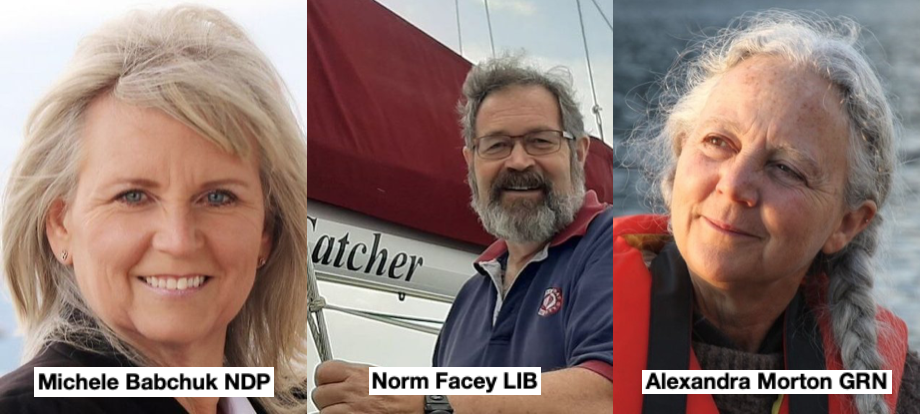By Roy L Hales
A quarter of a million British Columbians pay more than 30% of their income for rent. The statistics are worse on Cortes Island, where it applies to almost half of the tenants, and improves the closer you get to Campbell River. In response to the COVID crisis, the NDP Government provided a rental supplement of between $300 and $500 a month, but that ended on August 31st. The Green party just announced they would earmark $500 million for rental relief, and prioritize funding people who pay more than 30% of their income – but it is extremely unlikely the Greens will form the next government. So what do the candidates in North Island riding have to say about the affordable rental crisis?

Photo credit: Vincent Van Gogh’s bedroom in Arles (1889)- courtesy Art Gallery ErgsArt via Flickr (Public Domain)
BC Liberal candidate Norm Facey did not comment.
NDP candidate Michele Babchuk said, “It is an important issue in our riding Roy, and both the Liberals and the Greens opposed previous rental rebates. Andrew Wilkinson has opposed every major action we have taken to support renters: our COVID eviction plan; capping rent increases to inflation to save the average renter in BC about $333 a year; the speculation tax that turned about a thousand empty condos into homes for people. He thinks renting is just a whacky time and he would get rid of those caps on rent increases and the speculation tax. That’s just going to cost people more money.”
She added, “A John Horgan government will continue supporting people, Roy, and we’ll have more say about that, especially about renters, in our plan coming up this week.”
Green candidate Alexandra Morton took a less partisan approach, ”If I am elected, my goal is to talk with people because I don’t have all the answers, but I know there are wise people in every community. We need to discuss these things because there is a human migration headed our way – both from COVID, families who are trying to get out of the city and were locked down because of COVID and would like to have a yard, and of course we are both looking at and breathing the smoke from fires in California. So there are people moving our way. I think it is very important that communities have this discussion and come up with plans and solutions that work – so we are not simply overwhelmed.”



